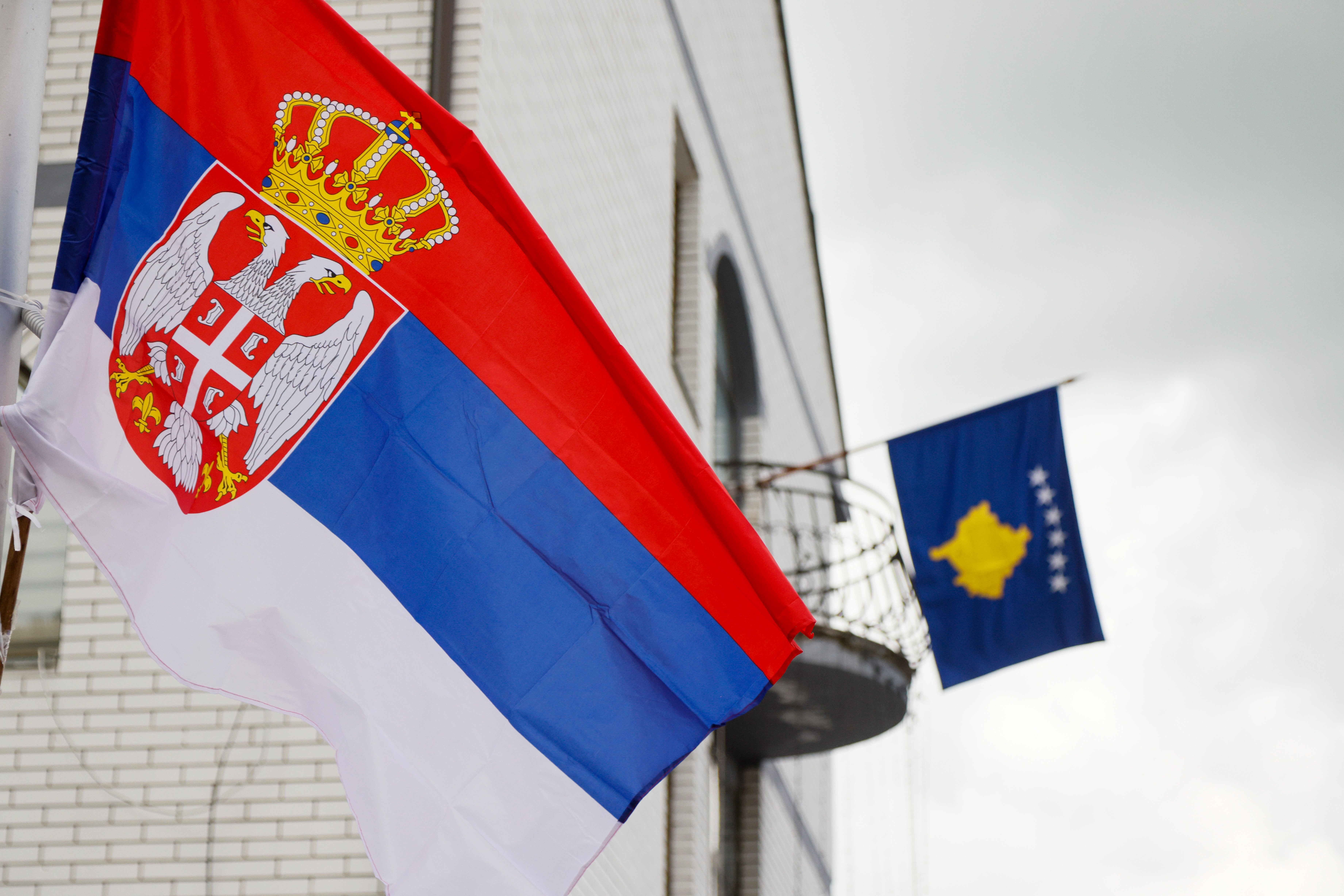Kosovo authorities close parallel institutions run by ethnic Serb minority
Kosovo authorities say they have closed all so-called parallel institutions used by the ethnic Serb minority and supported by neighboring Serbia in a move condemned by the European Union

Your support helps us to tell the story
From reproductive rights to climate change to Big Tech, The Independent is on the ground when the story is developing. Whether it's investigating the financials of Elon Musk's pro-Trump PAC or producing our latest documentary, 'The A Word', which shines a light on the American women fighting for reproductive rights, we know how important it is to parse out the facts from the messaging.
At such a critical moment in US history, we need reporters on the ground. Your donation allows us to keep sending journalists to speak to both sides of the story.
The Independent is trusted by Americans across the entire political spectrum. And unlike many other quality news outlets, we choose not to lock Americans out of our reporting and analysis with paywalls. We believe quality journalism should be available to everyone, paid for by those who can afford it.
Your support makes all the difference.Kosovo authorities on Wednesday said they had closed all so-called parallel institutions used by the ethnic Serb minority and supported by neighboring Serbia in a move condemned by the European Union.
The offices that were closed by police and other law enforcement include the local Serb administration, postal and tax agencies in 10 municipalities where ethnic Serbs live in Kosovo.
“From today on, the chapter of Serbia's illegal criminal parallel structures in the Republic of Kosovo is closed,” said Interior Minister Xhelal Svecla.
The EU criticized the closure, saying the status of Serbia-supported structures is foreseen to be resolved through the EU-facilitated dialogue between Serbia and Kosovo. Their relations remain tense since the former Serbian province declared independence in 2008, which Belgrade doesn't recognize, following NATO’s 78-day bombing campaign in 1999 that ended a war between Serbia and ethnic Albanian separatists.
“Kosovo’s recent actions against and closure of Serbia-supported structures, conducted in the midst of the election campaign for the 9 February parliamentary elections, go against its obligations towards the European Union under the normalization process,” the EU said in a statement.
There was no immediate reaction from Serbia.
Ivan Milojevic, a Serbian worker at the post office in Gracanica, a municipality close to capital Pristina and mostly populated by ethnic Serbs, said that the closure was part of Kosovo Prime Minister Albin Kurti's pressure on Serbs ahead of the Feb. 9 parliamentary election.
Kosovo’s government last year banned banks and other financial institutions in the four northern municipalities where most of the Serbs live from using other currencies in local transactions. In September it closed more Serb-run institutions in five other municipalities.
Kosovo has accused Serbia of organizing a plot to grab its northern territory in September 2023, and of planting explosives against water systems in November last year. Serbia denied the accusations.
Kosovo’s ethnic Serbs make up about 2.3% of its 1.6 million population, according to last year’s census. Serbs, who largely boycotted the census, have not accepted those figures saying they are too low.